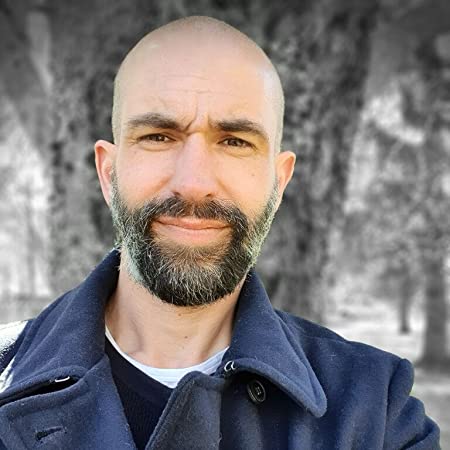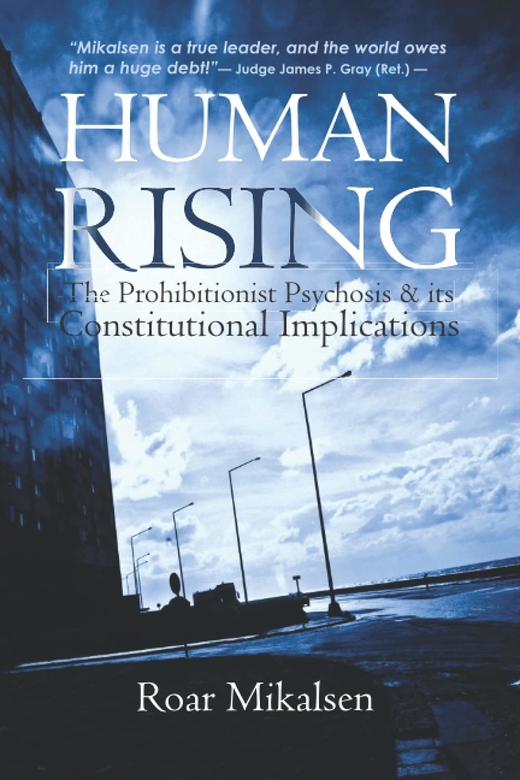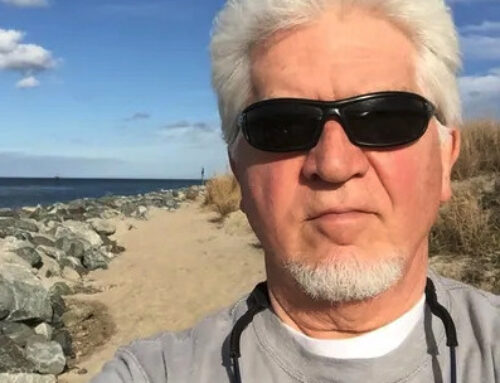
A platform for his work is Life Liberty Productions, a publishing house and consulting agency dedicated to the Spirit of Freedom. You will find books that are embraced by professionals and have the potential to bring humanity one step further on the online store.
Tell us about your book.
Human Rising exposes how power politics and unconsciousness perpetuate a regime of drug prohibition. It was written as a defence against arbitrary persecution on behalf of some 300 million unjustly oppressed people around the world. I wanted to describe the social experiment of drug prohibition in its entirety. That meant looking at taboo areas as well, including the link between drug barons and governments and how the drug laws violate basic human rights.
These topics have remained outside of the debate on drug policy for a reason – the political influence of war profiteers. These forces continue to hold sway, but, at the very least, it is now all out in the open.
Why did you want to write a book?
Necessity, as they say, is the mother of invention. The process kicked off more than 15 years ago, when I was reading up on drug policy and human rights. I was already well-versed in power politics, and the enemy image of terrorism was on the rise. As events progressed, the similarities between the War on Terror and the War on Drugs became too evident to ignore. In both cases, the legitimacy of these campaigns was founded on highly dubious grounds, and as their destructive impact became too monumental to bear, I was compelled to do exorcise the power of exaggerated enemy images.
Nothing is more detrimental to society. The enemy image of drugs has been used to subjugate and persecute some 10–20 percent of the population. To bring an argument to the table sufficiently powerful to overturn the status quo, I wrote Human Rising. Since 2010, when a Norwegian version was first made available, this book has been used to fight for rights in the justice system. In the last few years, an English and more complete version has been made accessible. It has been delivered to the UN, Council of Europe, European Court of Human Rights, the US State Department, and other nations as evidence of human rights violations; despite that, public officials have failed to act on constitutional obligations.

Well, I simply had no other alternative. Earlier, when I completed my first book, Reason Is, I had tried a variety of literary agents and publishers, but none were interested. From that experience, I reached the conclusion that my material needed a platform of its own, one fully dedicated to the Spirit of Freedom.
What tools or companies did you use, and what experience did you have?
As to printers, I have used Amazon and Ingram Spark. I have more experience with Amazon, but it is all good. KDPs customer support has always been extremely helpful, and I am satisfied with our collaboration. As to editors, I have used PaperTrue for my latest book Billy Goats Gruff, The Origin. In my experience, this was a good choice, as the PaperTrue team surely upgraded the text.
What do you think are the main pitfalls for indie writers?
Well, the sheer number of books that are coming out. It is difficult to get noticed among such competition, and without an apparatus to assist you through all parts of the process, your book is the underdog that will have to make it by luck or incredible skill. Unfortunately, the latter alone is no guarantee, and the trick is not to become disillusioned. I believe all authors have a voice that longs to be heard, and finding the right reader is difficult. Due to this reason, the average author sells between 25–100 books, and there certainly must be a lot of uncelebrated gems waiting to be found.
What tips can you give other authors looking to self-publish?
Never give up. No matter how far off, money and fame should not determine your self-worth. Just recognize the incredible odds stacked against your success and take comfort in the fact that it is not about quantity. Of course, the more people who discover your work, the better you will feel. Nevertheless, even one reader is fine – and that is you. There is a process of personal growth connected to every book that is written. When we write, we tap into a greater source of creativity, and I believe many authors find themselves awestruck by the flow and the progress of their own personal work. If that is the case, you are on to something, so no matter what the critics say, keep writing your heart out.
Who are your biggest writing inspirations and why?
I must say Sri Aurobindo for his authorship and activism. He had a most remarkable mind and I encourage people to explore his works. I also appreciate Thomas Paine, Lysander Spooner, Fyodor Dostoyevsky, Carl G. Jung, Ken Wilber, David Wilcock, Michael C. Ruppert, Jordan B. Peterson, and Randy E. Barnett, for the integrity of their work and a bunch of different reasons.

I learned that people are hardwired and that changing their perception is difficult. As the American novelist Author Upton Sinclair once wrote, “it is difficult to get a man to understand something when his salary depends upon his not understanding it,” and there are many people with a vested interest in the status quo. Hence, I discovered that politicians tend to neglect constitutional demands in the area of drug policy and that the masses remain too complacent to care. The enemy image of drugs is still too powerful for reason to be applied, and we refuse to face the problem of arbitrary persecution.
What’s next for you as an author?
Quite a lot. I have just started an online bookstore and a blog founded to shine a light on injustice. As mentioned, we are dealing with the problem of 300 million people unjustly persecuted worldwide, and readers can take part in a quest to have the system of drug prohibition subjected to a human rights analysis.
As documented in Human Rising, for more than a decade, Norwegian violators have been denied an opportunity to challenge the drug law. However, society is changing. After 50 years of learning, there is now a general understanding that stigmatizing drug users is detrimental. A Royal Commission recently even investigated the human rights situation. It found that the Norwegian drug policy was a result of moral panic, that criminalisation was an evil to be avoided, and that the state has a duty to ensure human rights protection. Even so, while NGOs have demonstrated the link between scapegoating, moral panic, arbitrary persecution, and human rights violations, politicians continue to ignore the commissions’ findings.
Hence, the time is ripe for civil disobedience. I have prepared posts that explain everything, and readers can follow me on a quest to provide an effective remedy to the victims of the drug war. As recently shown in South Africa and Mexico, if politicians fail, the justice system provides an opportunity to challenge the law, and on 11th September 2021, I will bring cannabis to the police station to start a legal process. Correctly handled, this legal process will spell the end of the Norwegian prohibition paradigm, and I believe that we will find a way, at the national or at the international level.
So you’re also an activist?
In a word, yes. I try to follow in the footsteps of Aurobindo, and so many writers whose authorship is difficult to separate from their ambitions or aspiration for society. Time will tell if my ambition exceeds me, but I have prepared a decent foundation for a revolution of thought. My book Reason Is, for instance, presents the world as it is perceived from the expanded states of consciousness, and Human Rising not only shows how the morality of the prophets and the founders were one and the same, but that utopian society building is easy to attain. I have also written other books to support a mission of constructive social engineering, and I will keep doing what I can to effect change.
Author Links
Get an Editorial Review | Get Amazon Sales & Reviews | Get Edited | Publish Your Book | Enter the SPR Book Awards | Other Marketing Services






















Leave A Comment